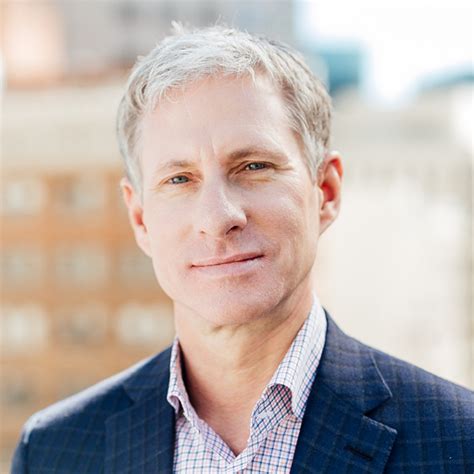A Quote by Porter Stansberry
The fear is that if the dollar falls below 50% of the currency basket held by commercial and central banks and insurance companies, there may be a democratization of the way currencies are priced.
Related Quotes
We are privileged that the dollar is the "currency of last resort" and the most important currency in the world. Global commodities are priced in dollars. Central banks in other countries hold great quantities of dollars. The dollar was the safe harbor, the port in the storm during the credit crisis.
Central banks are choosing to increase their gold holdings as a percentage of total reserves. They obviously think there is a reason to do that. It doesn't make sense to back up one currency with a hoard of other paper currencies. There needs to be a real anchor there. I think that central banks are well behind the curve. If you look at the percentage of above-ground gold controlled by central banks, it's historically low. Hence the fact that central banks are trying to increase their holdings. They've got a long way to go to get where they need to be.
Bitcoin has been described as a decentralized, peer-to-peer virtual currency that is used like money - it can be exchanged for traditional currencies such as the U.S. dollar or used to purchase goods or services, usually online. Unlike traditional currencies, Bitcoin operates without central authority or banks and is not backed by any government.
The goal of the FED, as with all central banks, is three-fold: (1) to protect the largest commercial banks from their depositors, who occasionally exercise their contractual right to withdraw currency (the ungrateful cads); (2) to control entry of newcomers into the bankers' cartel (interlopers); (3) to keep the stock market from collapsing in a panic, thereby persuading depositors to withdraw currency
When you own gold you're fighting every central bank in the world. That's because gold is a currency that competes with government currencies and has a powerful influence on interest rates and the price of government bonds. And that's why central banks long have tried to suppress the price of gold. Gold is the ticket out of the central banking system, the escape from coercive central bank and government power.
If all the bank loans were paid, no one could have a bank deposit, and there would not be a dollar of coin or currency in circulation. This is a staggering thought. We are completely dependent on the commercial banks. Someone has to borrow every dollar we have in circulation, cash, or credit. If the banks create ample synthetic money we are prosperous; if not, we starve. We are absolutely without a permanent money system. When one gets a complete grasp of the picture, the tragic absurdity of our hopeless situation is almost incredible - but there it is.
It is a sobering fact that the prominence of central banks in this century has coincided with a general tendency towards more inflation, not less. [I]f the overriding objective is price stability, we did better with the nineteenth-century gold standard and passive central banks, with currency boards, or even with 'free banking.' The truly unique power of a central bank, after all, is the power to create money, and ultimately the power to create is the power to destroy.
The United States is pushing as policy division of the world into rival currency camps - the dollar area on the one hand, and the Russia-Chinese-Shanghai Cooperation Organization group on the other, especially now that the IMF has changed its rules. People think that if there are rival currency groupings and national currencies are going bust, we might as well use gold as a safe haven.
Value investors will not invest in businesses that they cannot readily understand or ones they find excessively risky. Hence few value investors will own the shares of technology companies. Many also shun commercial banks, which they consider to have unanalyzable assets, as well as property and casualty insurance companies, which have both unanalyzable assets and liabilities.




































